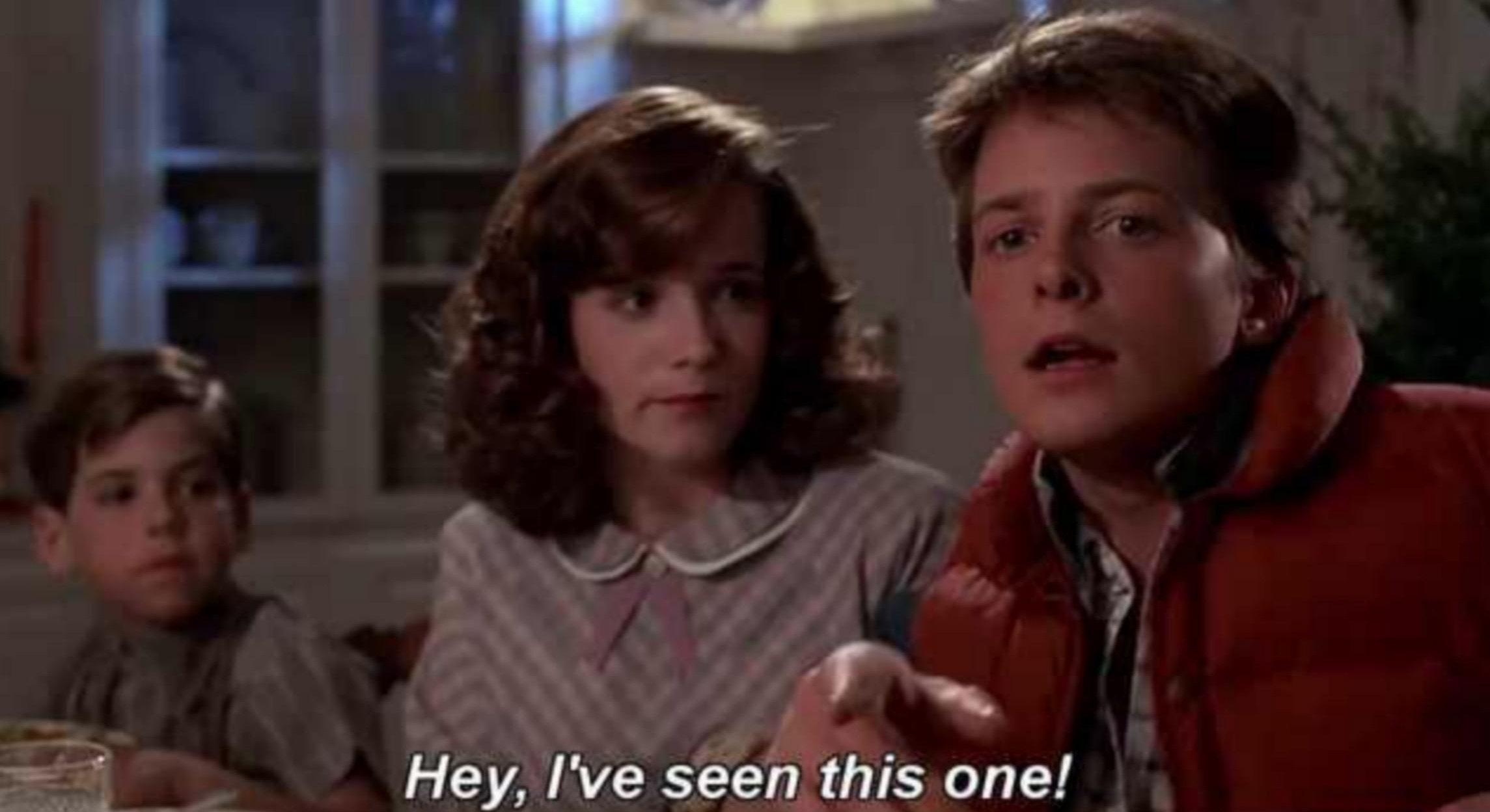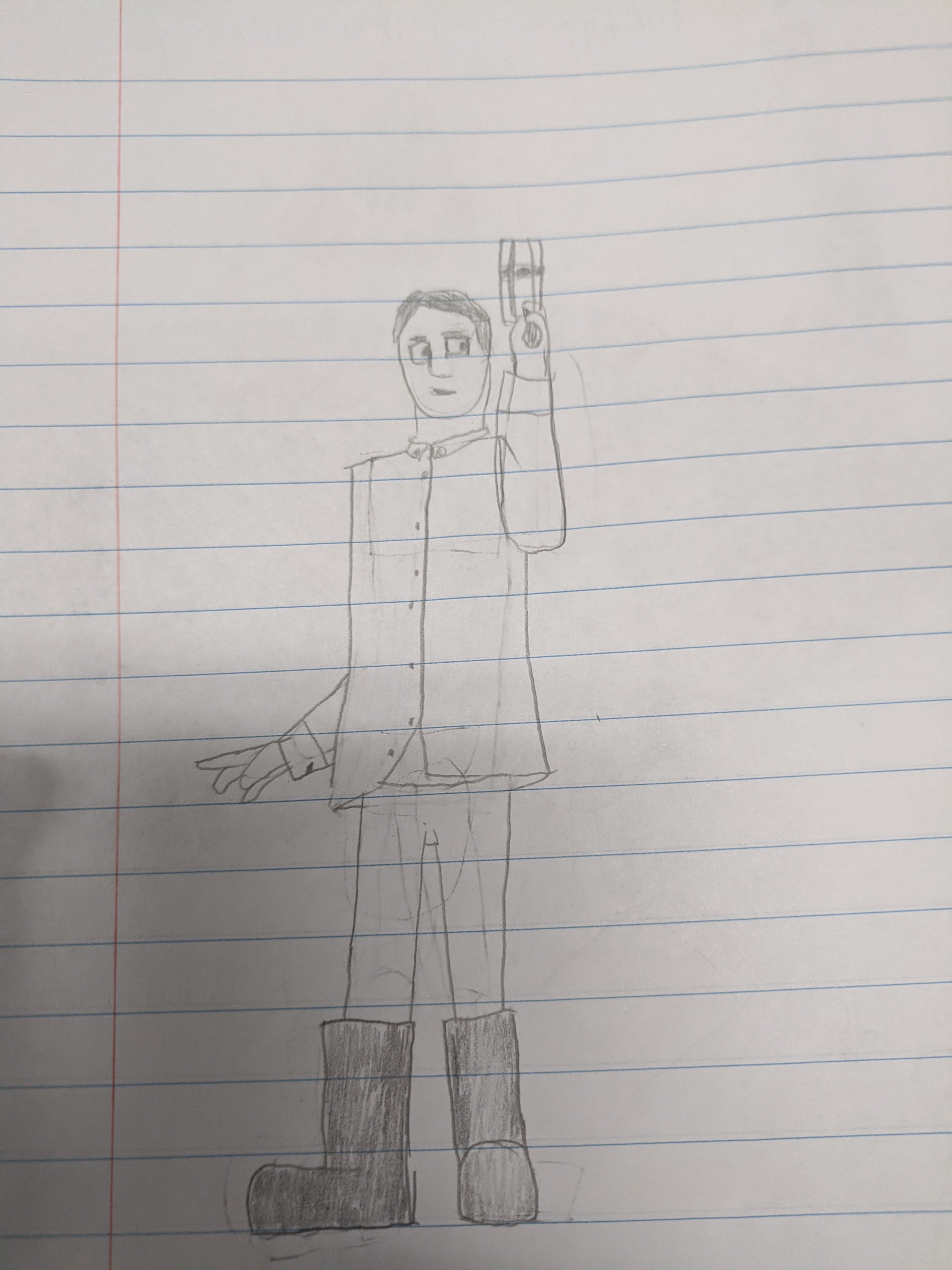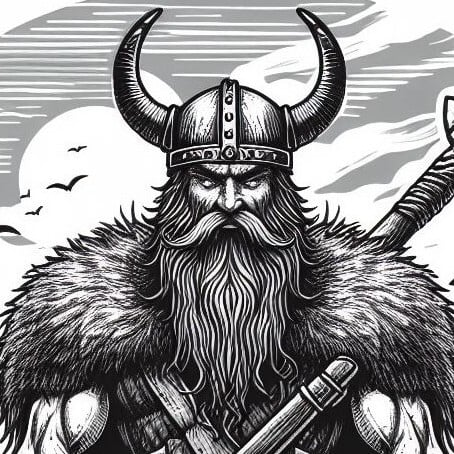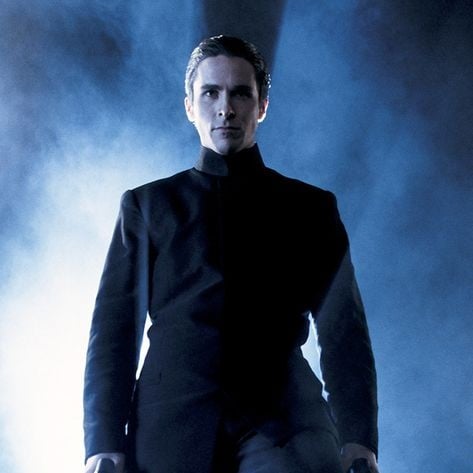
It’s such a common mistake. The doctor who creates Mary Shelley in Frankenstein’s novel doesn’t have a name.
That’s a ligit good holup picture
It’s a silly nitpick anyway. The monster, Adam, calls the doctor, Victor Frankenstein, his father. Surnames are inherited, thus they are both Frankensteins.
Also, it’s not uncommon to call a creation after it’s creator (“that painting is a Van Gogh”), so calling him “a Frankenstein” works too.
Kind of a cop-out, since Dr. Frankenstein is referred to as such in the book and the creature never is.
Of course, Adam isn’t a Doctor.
He has an honorary doctorate in monsterology from Wharton
Mary Shelley said herself that there are two monsters in the book and both are named Frankenstein.
Ah, Ernest and William, the younger brothers of Victor. Of course, it all makes sense now!
It’s pronounced Ernst
The monster’s name is literally Adam Frankenstein
Reminds me of your Winnie the Pooh is named Edward Bear.
No it isn’t. He compares himself to Adam once (“I ought to be thy Adam, but I am rather the fallen angel, whom thou drivest from joy for no misdeed”) but he never calls himself that. And frankly, considering how much Frankenstein and the monster hated each other I don’t think either of them would want to share a name.
Adam Frankenstein
Finally, some fucking closure
relevant xkcd: https://xkcd.com/2799/
Also relevant: https://xkcd.com/1589/
This is my canonical version
OMG spoilers!
Spoiler
The real monster is the person who wrote in that book with a pen.
Disgusting… Absolutely disgusting…

The doctor is a monster for creating the monster.
He acknowledged Adam as his son, and Frankenstein is a surname.
The name of the monster is Adam Frankenstein.
Full name: Brigadier General Adam Frankenstein (Mrs)
We could just call him Adam?
I think his name is Maurice, actually.
Cause he speaks of the pompatus of love?
Let’s just go with Space Cowboy, then.
damn! the handwriting is so perfect
Slavoj Žižek’s Freudian-Hegelian interpretation of Mary Shelley’s story is worth investigating especially in relation to Shelley’s family, the French Revolution, and transgressive sexual politics.










